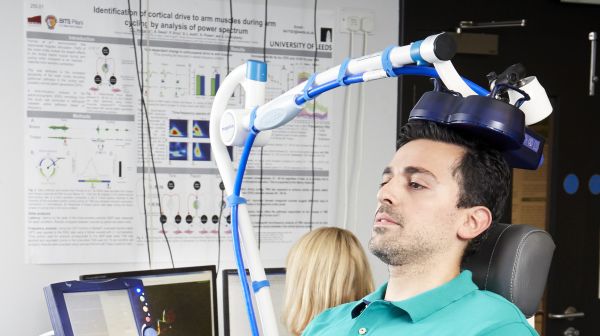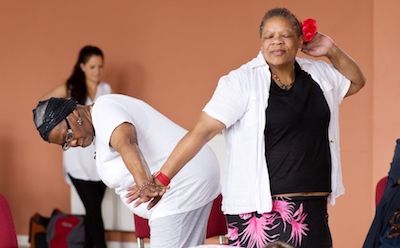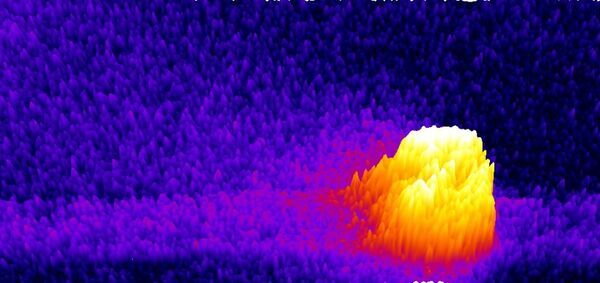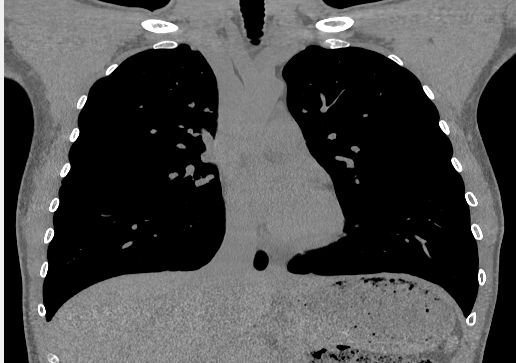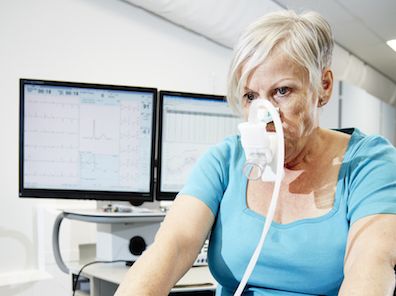Sport and Exercise Sciences
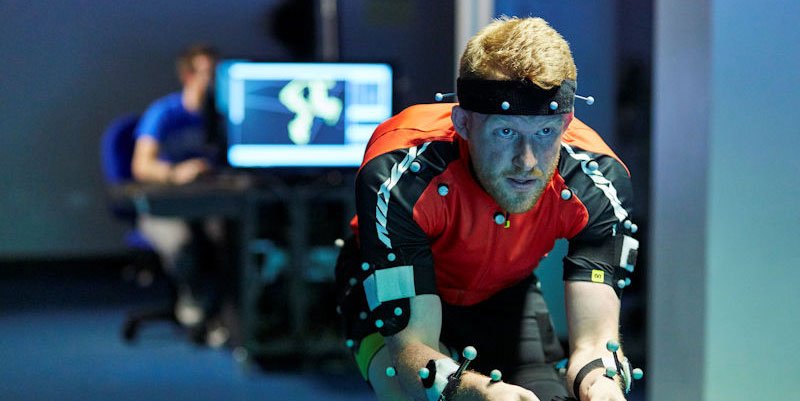
Research Facilities
We have a wide range of facilities to support our research
Explore our facilities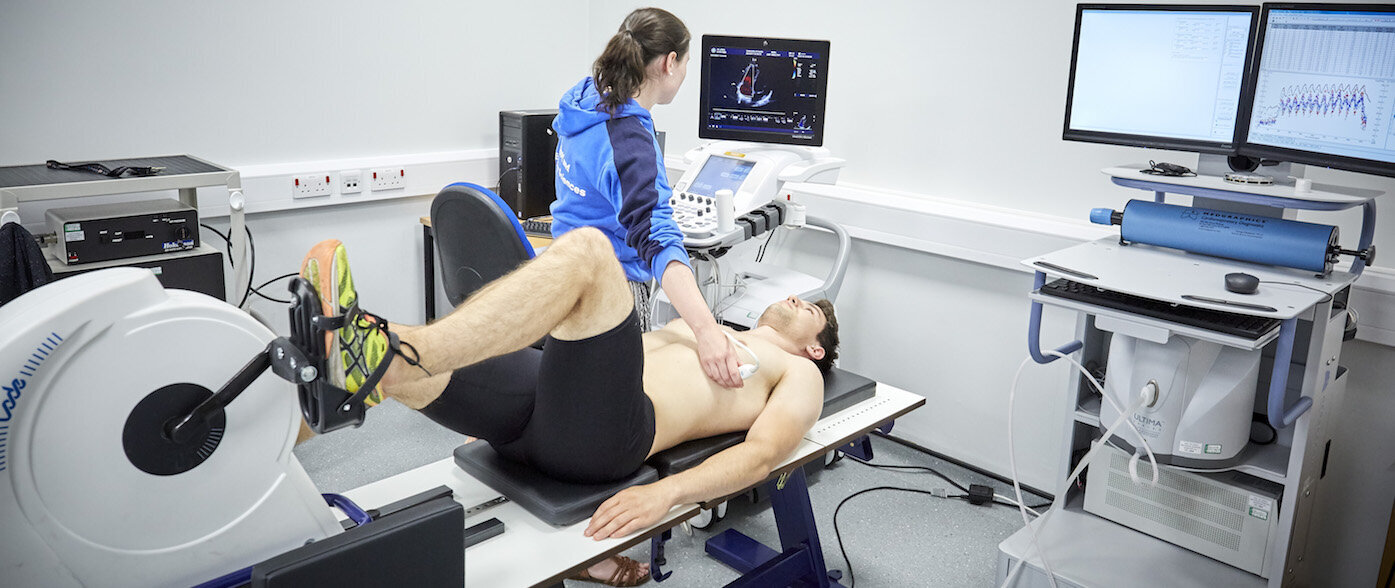
- Faculty of Biological Sciences
- Research and innovation
- Our research
- Sport and Exercise Sciences
Sport and Exercise Sciences
Our research
The Sports and Exercise Sciences group has a world-class focus for research excellence in exercise science, building on its distinctive identity in understanding the basic mechanisms, and translational applications of physical activity in health and disease. The group has over 50 members including 20 permanent academic staff, research and teaching fellows.
The group covers a wide range of topics, which are underpinned by fundamental research. We work closely with the Cardiovascular group, sharing three research themes (Skeletal muscle in health and disease, Ageing and the cardiopulmonary system, Exercise and the failing heart), and use an interdisciplinary approach to answer shared research questions.
We provide a world-class, research-led education through our undergraduate degrees; Sport and Exercise Sciences (MSci, BSc) and Sports Science and Physiology (MSci, BSc). We also run a full-time and part-time Masters programme; MSc Sport and Exercise Medicine.
Research themes
Biomechanics
Research in the biomechanics theme is split into two complementary areas; Comparative Biomechanics and Exercise & Sports Biomechanics .
More on BiomechanicsMotor Control and Neurorehabilitation
The overarching research aim in the Motor Control and Neurorehabilitation theme is to investigate how the central nervous system (brain and spinal cord) interact and integrate information from the environment in order to produce effective motor behaviours.
More on Motor Control and NeurorehabilitationPhysical Activity and Public Health
Physical activity has significant benefits for mental and physical well-being. While policies have been put in place throughout the UK to help establish active lifestyles across the lifespan, a finding that becomes even worse during key life events such as pregnancy and with age.
More on Physical Activity and Public HealthSkeletal muscle in health and disease
Skeletal muscle is vital for life, underpinning locomotion, respiration, and metabolism, yet we still poorly understand its response to exercise and disease.
More on Skeletal muscle in health and diseaseAgeing and the cardiopulmonary system
Age is a major risk factor for the majority of cardiopulmonary complications. In part this is because many cardiovascular and pulmonary diseases are progressive. However, even healthy ageing is associated with a reduction in blood vessel and lung function, with a sharp decline in maximal cardiac output and aerobic capacity as people advance into their 60s and beyond.
More on Ageing and the cardiopulmonary systemExercise and the failing heart
Heart failure is a complex syndrome with impairment of cardiac, respiratory, musculoskeletal and vascular function, all of which contribute to reduced quality of life and mortality. Exercise has established benefits in patients with heart failure but debate continues as to the most appropriate exercise modality.
More on Exercise and the failing heartContact us
Professor Karen Birch | Executive Dean
K.M.Birch@leeds.ac.uk
More on Professor Karen Birch | Executive DeanProfessor Stuart Egginton | Group Leader
S.Egginton@leeds.ac.uk
More on Professor Stuart Egginton | Group Leader


